U.S. Hits Second Suspected Drug Boat in Pacific, Killing Three as Trump-Petro Rift Deepens
- by Editor
- Oct 23, 2025

Credit:
U.S. forces launched a second airstrike in as many days on a suspected drug-smuggling vessel in the eastern Pacific on Wednesday, killing all three people aboard and intensifying a growing diplomatic rift with Colombia over the Trump administration’s aggressive maritime campaign against Latin American cartels.
Defense Secretary Pete Hegseth confirmed the strike—America’s ninth since early September and second in Pacific waters—via a post on X, calling it a direct hit on “narco-terrorists” linked to designated terrorist organizations. Video footage released by the Pentagon showed a small boat engulfed in flames following a missile strike, followed by a secondary explosion among floating debris.
The attack, which occurred in international waters off South America’s Pacific coast, follows a similar strike on Tuesday that killed two. Both incidents mark a strategic shift from the Caribbean, where seven earlier operations have left at least 32 dead. U.S. officials say the campaign, now responsible for 37 fatalities, is supported by 10,000 troops, aircraft, and naval assets.
President Donald Trump has framed the operation as a “war on drugs,” echoing his first-term rhetoric but with a more forceful posture. “We’re allowed to do that [at sea], and if we do it by land, we may go back to Congress,” Trump said in the Oval Office, signaling openness to ground operations despite legal concerns over targeting suspects without arrests.
The strikes have strained relations with Colombia, the world’s largest cocaine producer and a longtime U.S. ally. President Gustavo Petro condemned the bombings as “murder,” alleging that innocent civilians—including a fisherman in a September incident—were among the casualties. Trump responded by branding Petro an “illegal drug leader” and suspended $100 million in annual U.S. counternarcotics aid. “He better watch it or we’ll take very serious action against him and his country,” Trump warned.
Petro, in turn, recalled Colombia’s ambassador to Washington and accused the U.S. of using military force to pressure his leftist government and influence regional politics, particularly in Venezuela. Trump has reportedly revived CIA operations aimed at ousting Venezuelan President Nicolás Maduro.
Ecuador also entered the fray last week, releasing a Colombian survivor of a U.S. strike after finding no evidence of drug trafficking. Another Colombian national remains hospitalized. Critics, including Sen. Adam Schiff (D-Calif.), have slammed the administration’s lack of transparency. “Once again, there is no detail on who was killed or why,” Schiff said.
Legal scholars continue to question the strikes’ compliance with international law. While the Pentagon classifies drug cartels as “unlawful combatants,” it has offered little public evidence linking the targeted vessels to narcotics or terrorism.
According to DEA data, over 70% of cocaine bound for the U.S. now moves through Pacific routes, surpassing the Caribbean corridor. Yet details on seized contraband or the identities of those killed remain scarce. Two survivors from earlier strikes have been repatriated to Colombia and Ecuador for prosecution.
As regional tensions mount, Venezuela has denounced the campaign as “imperialist aggression,” and analysts warn that further escalation—particularly without congressional authorization for land-based operations—could fracture longstanding alliances.
With the Pacific campaign expanding and winter shipping patterns shifting, the Trump administration’s gamble hinges on whether military pressure can disrupt cartel logistics without igniting broader geopolitical fallout.



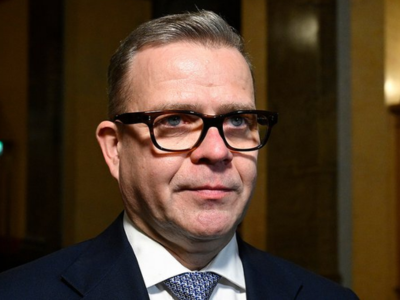


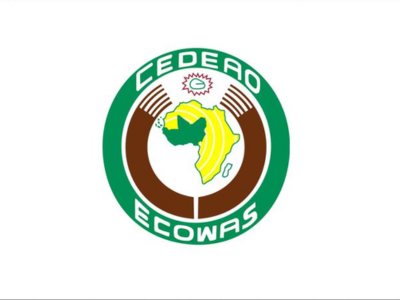
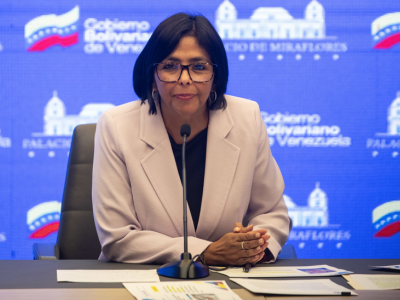

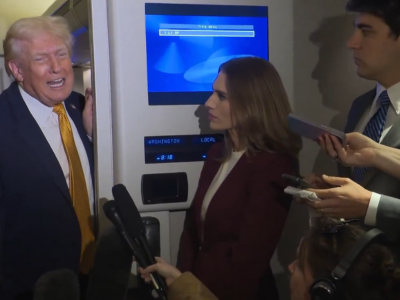
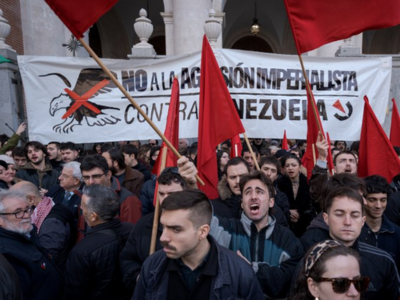


0 Comment(s)